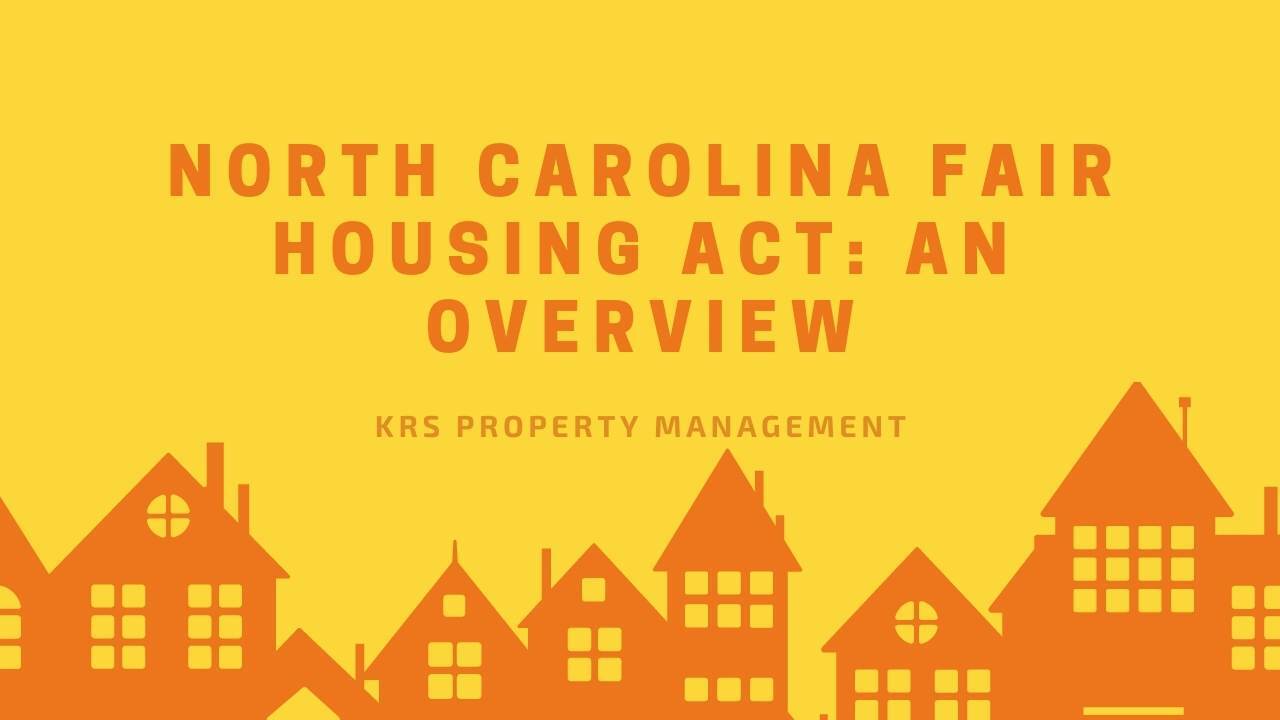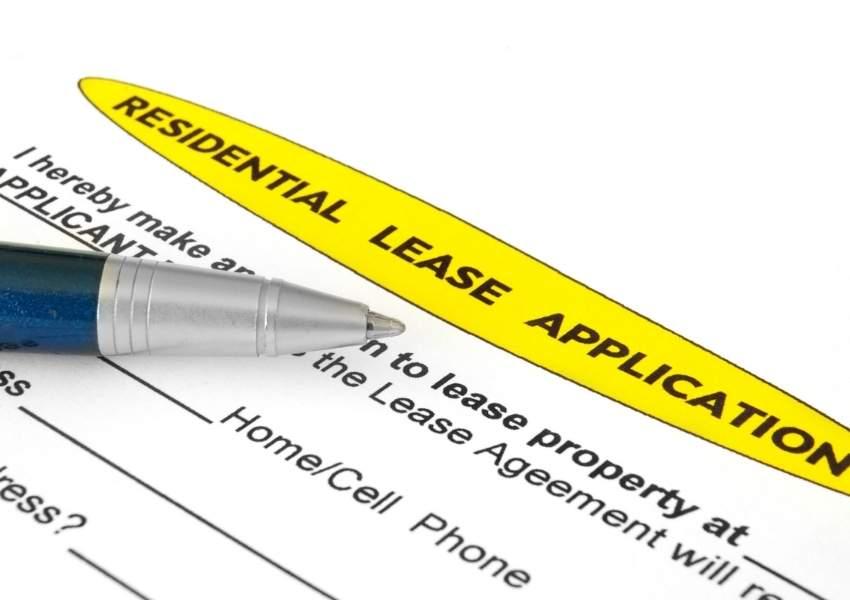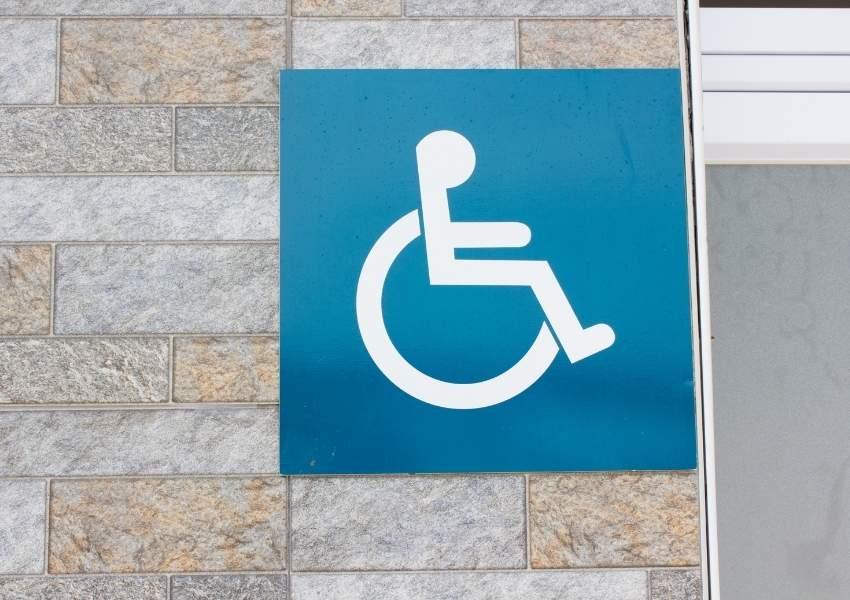
The enactment of the North Carolina Fair Housing Act in the US occurred on April 11, 1968. The main goal of the act was to prohibit housing discrimination, either in the unit or sale of housing.
As an North Carolina landlord, it’s important to familiarize yourself with the North Carolina fair housing Act and act to avoid potential housing discrimination claims from your tenants and enforce equal opportunity while renting.
What is the Goal of the Fair Housing Act?
The goal of the Federal Fair Housing Act is to end housing discrimination in the sale, rental, and financing of housing based on certain protected characteristics while renting.
Landlords, owners, real estate agents, and property managers all need to be aware of what Fair Housing covers and how they can avoid any discriminatory behavior.
There is both a North Carolina and federal Act. Protections exist at both federal and state levels. In North Carolina, the protected housing classes are race, color, religion, national origin, sex, education level, disabilities, race and familial status (i.e. having children or not).
What Types of Properties Does the North Carolina Fair Housing Act Cover?
The North Carolina Laws cover most residential units.
Examples include single-family homes, housing condos, apartments, group homes, migrant housing, long-term lodging, and even shelters for the homeless and domestic housing violence victims.
In very limited circumstances, the North Carolina Fair Housing regulations have a few exceptions. These are:
- A single-family housing that the North Carolina property owner renting out without using real estate agents or services.
- Housing with 4 or fewer units that are specifically owner-occupied buildings.
- Private clubs that give preference to their members.
- Organizations that give preference to their members, such as religious organizations.
What Local State Agency Enforces the Fair Housing Law?
The U.S. Department of Fair Housing and Urban Development is the main federal agency tasked with enforcing the federal Act.

Some states also have government agencies that enforce the act at the local level. North Carolina is one of them.
Anyone who feels discriminated against for fair housing related matters due to their religion, national origin or other protected classes can file Fair Housing Complaints with the North Carolina Human Relations Commission (HRC).
Are There Penalties for People Found Guilty of Housing Discrimination?
Yes, there are.
According to the U.S. Department of Housing and Urban Development (HUD), first-time violators of the federal Housing Act can be penalized a maximum of $16,000. For those who violate the housing act again within five years, the maximum penalty currently stands at $37,500.
And for those with more than two illegal fair housing violations within 7 years, the maximum penalty is a whopping $65,000.
In addition to the North Carolina civil penalties, other penalties for illegal violations of the act can also include the following:
- Being responsible for your tenant’s compensatory damages. This can include having to pay their out-of-pocket expenses as they seek alternative housing.
- Punitive damages for the wrongdoing where the intent is found to be either malicious or willful based upon factors like sex and race.
What Are Some Examples of Fair Housing Act Violations that Landlords Should be Aware of?
Housing landlords in North Carolina have the responsibility to make sure their tenant screening and placement process is free of housing discrimination.
When investing in North Carolina real estate, remember that landlords can up having to pay fines for illegal violations of the North Carolina Act if you’re not careful.

It’s possible to unknowingly and unintentionally violate the Fair Housing Act, leading to trouble with the law. Here are some examples to avoid under North carolina Fair Housing Act:
- Failing to rent your vacant unit to a tenant because of characteristics under fair housing such as race, color, religion, education level, national origin, familial status, sex and so on.
- Lying that your rental home isn’t available for housing rent because a prospective tenant has a characteristic you don’t like, such as being pregnant or having children.
- Using different qualifying criteria for housing applications depending on the applicant’s race, sex, color, religion, or any other protected class under the housing act.
- Treating tenant maintenance requests differently based on who asked for them.
- Threatening or interfering with your tenant’s exercise of their fair housing rights.
- Providing different tenants with different services, amenities, renting prices, and housing accommodations based on a protected characteristic like religion, sex, race or national origin.
- Refusing to make housing accommodations for a prospective tenant with a physical disability.
- Refusing to allow a person to have their service animal in the unit.
What Rights Do Disabled Tenants in North Carolina Have Under Fair Housing Regulations?
People with disabilities have the right to fair housing. This means that it’d be unlawful for you to discriminate against your renter because of their housing disability. For example:
- Rejecting an housing application for the rental solely based on the applicant’s housing disability.
- Charging a disabled person a pet fee, if they have a service animal.
- Rejecting a renter because of having a service animal.
- Refusing to make housing accommodations to the lease agreement for their disability.
As a North Carolina landlord, you have a responsibility to ensure a disabled tenant habitating your property can enjoy their rented space, just like any other tenant. To do this, you’re required by the state landlord-tenant laws to make certain reasonable housing accommodations and modifications.

The following are some examples of reasonable housing accommodations and modifications to make in housing accordance with the North Carolina Fair Housing Acf:
Reasonable Housing Accommodations | Reasonable Modifications |
|
|
|
|
|
|
|
|
What Can a Landlord Do to Avoid Fair Housing Law Violation Claims from Tenants?
The following are some tips to keep in mind when dealing with both prospective and existing tenants in North Carolina:
- Advertise your rental property the right way. Avoid phrases or statements that show preference to a particular group of tenants. For instance, avoid stating any sort of discrimination such as “No Pets,” “Christian Home”, or “Ideal for a Single Professional” or "looking for this specific national origin."
- Have a proper tenant screening process. Yes, you have the right to choose the kind of tenant that you want. However, you can’t subject applicants to discrimination in the process. Asking a tenant about whether they are married, for instance, would be discriminative. So would asking different questions to different applicants.
- Hire an experienced property management company. This is your best bet against all manner of illegal issues. A great rental property manager understands the legal obligations of Rental owners, what they can do to avoid discrimination against tenants based on many factors such as those seeking housing assistance, as well as other property management laws.
Bottom Line
There you have it, an overview of the North Carolina Fair Housing Act. When habitating a property, landlords, rental owners, real estate agents need to ensure that they remain compliant with the law to avoid discrimination claims.
KRS Property Management is here to help! Contact us to learn more about our housing management services or to speak with a property manager!
This content is not a substitute for constitute legal advice. Please contact a qualified attorney or property management firm for further questions.






